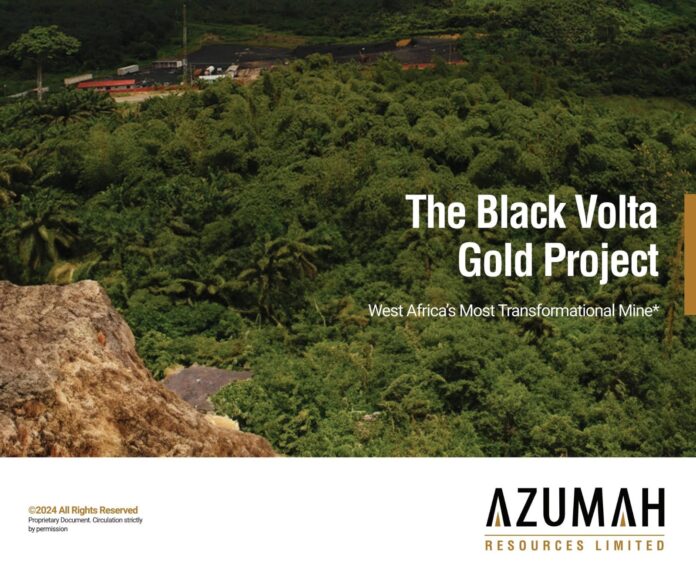Engineers & Planners (E&P) has been battling through an ICC arbitration stemming from its 2024 acquisition of the Black Volta and Sankofa gold assets.
In September 2025, social media lit up after a commentator claimed that E&P had filed a notice to withdraw its claims—an assertion that, regardless of legal nuance, stirred public curiosity about the tribunal and its conduct.
Public confidence in arbitration depends not just on the law but on perception. In this case, presiding arbitrator Madam Funke Adekoya recently delivered the keynote at a memorial lecture hosted by Bentsi-Enchill, Letsa & Ankomah—the Ghanaian firm representing the respondents alongside an international firm. That appearance occurred while she chairs the very panel hearing E&P’s case.
Even if permitted under applicable rules, the overlap raises questions: does the event-host relationship risk an appearance of alignment, and could it lead a reasonable observer to suspect subconscious bias?
The unease grew when reports of her keynote highlighted that Ghanaian counsel should build arbitration credentials by partnering with “established international firms.”
While defensible as a capacity-building view, in this context—where claimant’s counsel is a local firm and respondents have such an international-local pairing—the remark risks being read as indirectly favouring one side’s model over the other.
Here, the issue is not actual bias but whether a reasonable, informed observer could apprehend a real possibility of it. International best practice expects arbitrators to mitigate such risks—disclosing potentially relevant relationships, avoiding non-essential public appearances with counsel mid-proceeding, and tailoring remarks to prevent misinterpretation.
What should follow? First, disclosure: the chair could clarify the circumstances, prior relationships, and safeguards in place. Second, parties should use the ICC’s challenge and disclosure framework—not social media—to address concerns. Third, the profession can refine norms: during active appointments, arbitrators should decline keynote roles at events hosted by counsel in related cases, or, if unavoidable, adopt neutral topics and explicit disclaimers.
Arbitration rests on credibility. When perception falters, parties lose faith and awards face collateral attack. Ghanaians, already sensitive to narratives around this transaction, deserve a process that not only is fair but looks fair.
Perhaps this tribunal has followed the rules to the letter. But in arbitration, as in justice itself, optics matter too.
Source: Norvan Acquah-Hayford
ALSO READ:



